In this article, I discuss how the quality of the relationship with your therapist can affect your progress in therapy – and vice-versa.
A well-established positive correlation exists between the quality of a client’s relationship with their therapist and the client’s progress in therapy. That is, research indicates that clients who have a good relationship with their therapists are more likely to make progress in therapy compared with clients who have a bad relationship with their therapists.
Many people assume this research finding necessarily means that therapists should focus on taking steps to improve the quality the therapy relationship as a primary method of helping their clients achieve progress. Although taking this step is implied by the finding, there is an alternative way of viewing the correlation which has different implications for therapy. In the following sections, I will discuss this alternative view and how it can be integrated with the traditional way of interpreting the finding.
How progress in therapy can affect the quality of the therapy relationship
That the quality of the therapy relationship affects progress in therapy is only one possible explanation for the finding that the quality of the therapy relationship and progress in therapy are positively correlated. A second possible explanation for this positive correlation is that progress in therapy affects the quality of the therapy relationship.
According to this explanation, if you make progress in therapy your relationship with your therapist should improve and if you do not make progress in therapy your relationship with your therapist should get worse. This is as plausible an explanation for the correlation as the explanation that a good relationship with your therapist should lead to better progress in therapy than a bad relationship.
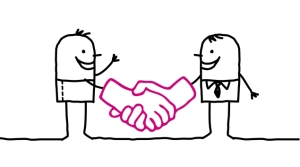
How to use both the chicken and the egg to achieve progress in therapy
So if having a good relationship with your therapist leads to better progress in therapy and making progress in therapy leads to a better relationship with your therapist, how can therapists and clients use this information to help clients make the most progress in therapy?
First, therapists should take steps to develop a good therapy relationship with their clients. This recommendation in consistent with other research demonstrating that we are more likely to be persuaded by communicators who we like compared with communicators who we do don’t like. In other words, if I have a set of ideas and skills to offer my clients, having a good therapy relationship will make it more likely that the client will give these ideas a chance and implement them to result in progress.
Second, therapists should take steps to help clients achieve progress early on in therapy by helping them learn and implement ideas and skills to address their issues. Doing so should have a positive effect on their relationship with their clients beyond that achieved through other means of building a positive therapy relationship. In turn, improving the therapy relationship by helping clients achieve early progress should make it easier to achieve further progress because of the positive influence of having a good therapy relationship on progress in therapy.
An equation for progress in therapy: A good therapy relationship plus ideas and skills
As a Calgary psychologist and a Cochrane psychologist, I strive to give my clients the best chance of progress by fostering a good therapy relationship and by helping them learn and practice skills to make early and consistent progress on their issues. Working the problem from both angles leads to better progress for my clients than by focusing on just one angle.
If you are a client in therapy or are considering going to therapy, the implications of this article are that you should choose to work with a therapist with whom you have a good working relationship and who has a set of ideas and skills to help you address your issues.
May you focus on both the chicken and the egg in therapy,
-Dr. Pat

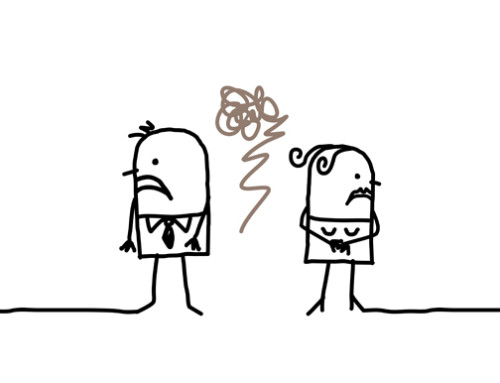
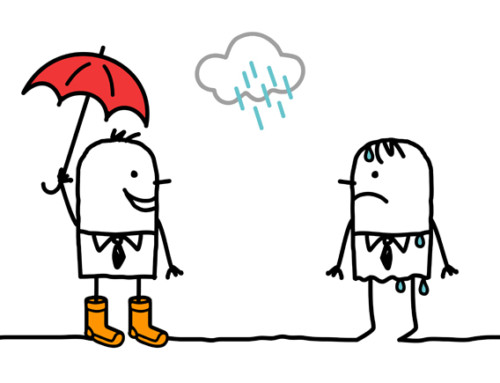
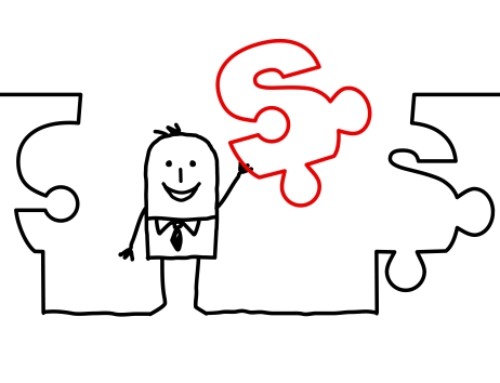
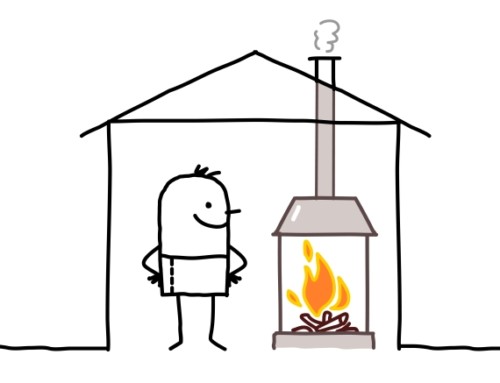
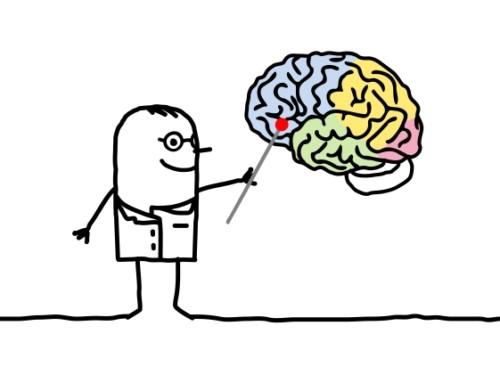
Leave A Comment